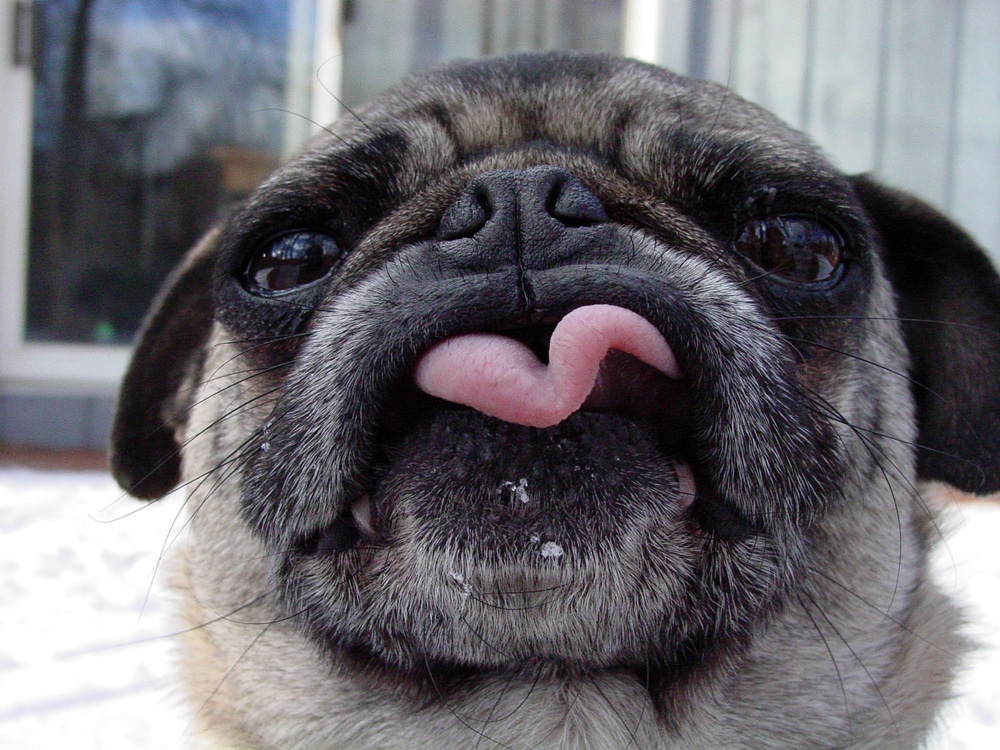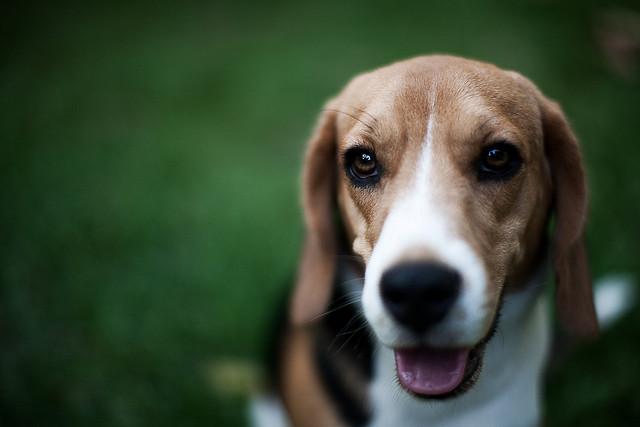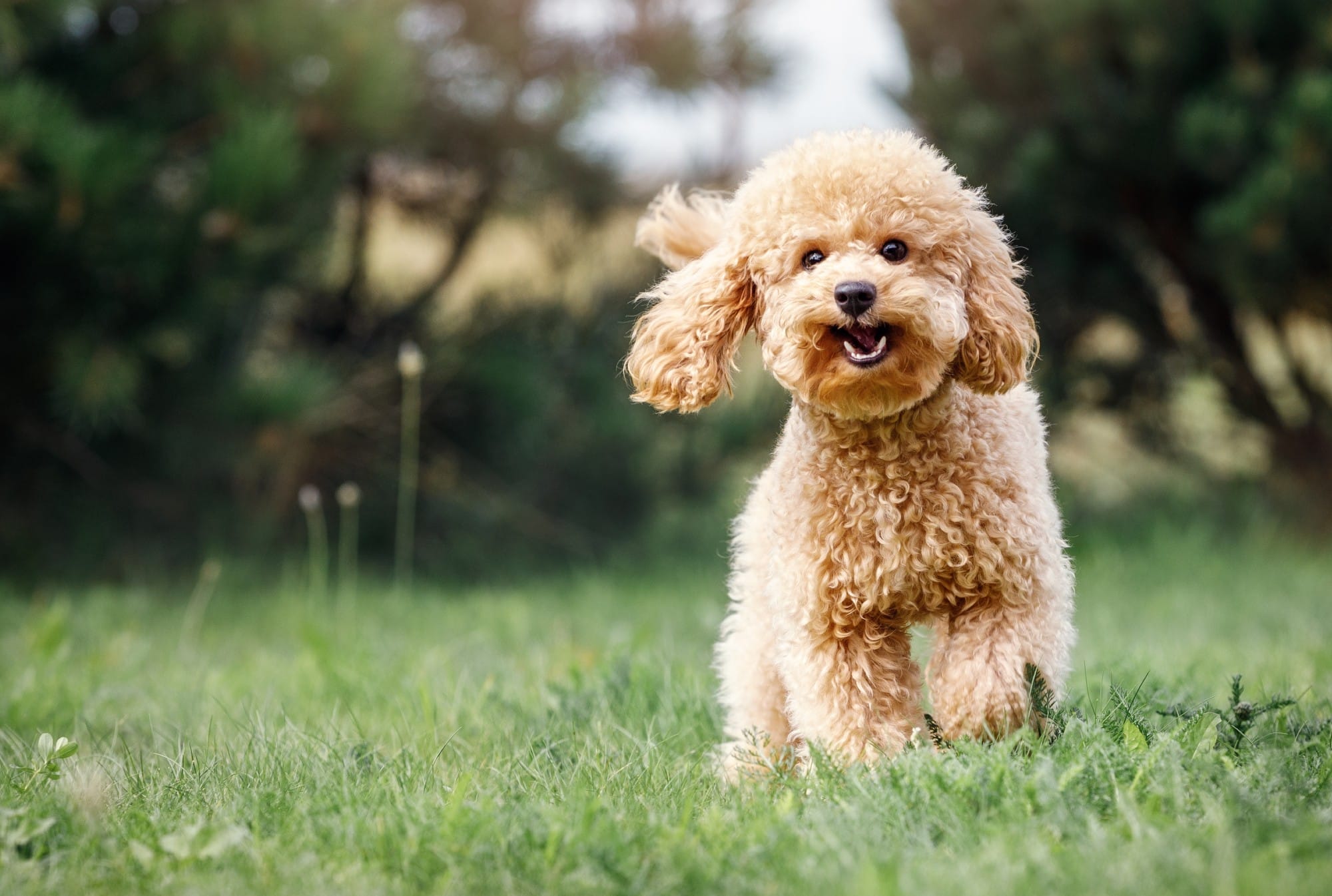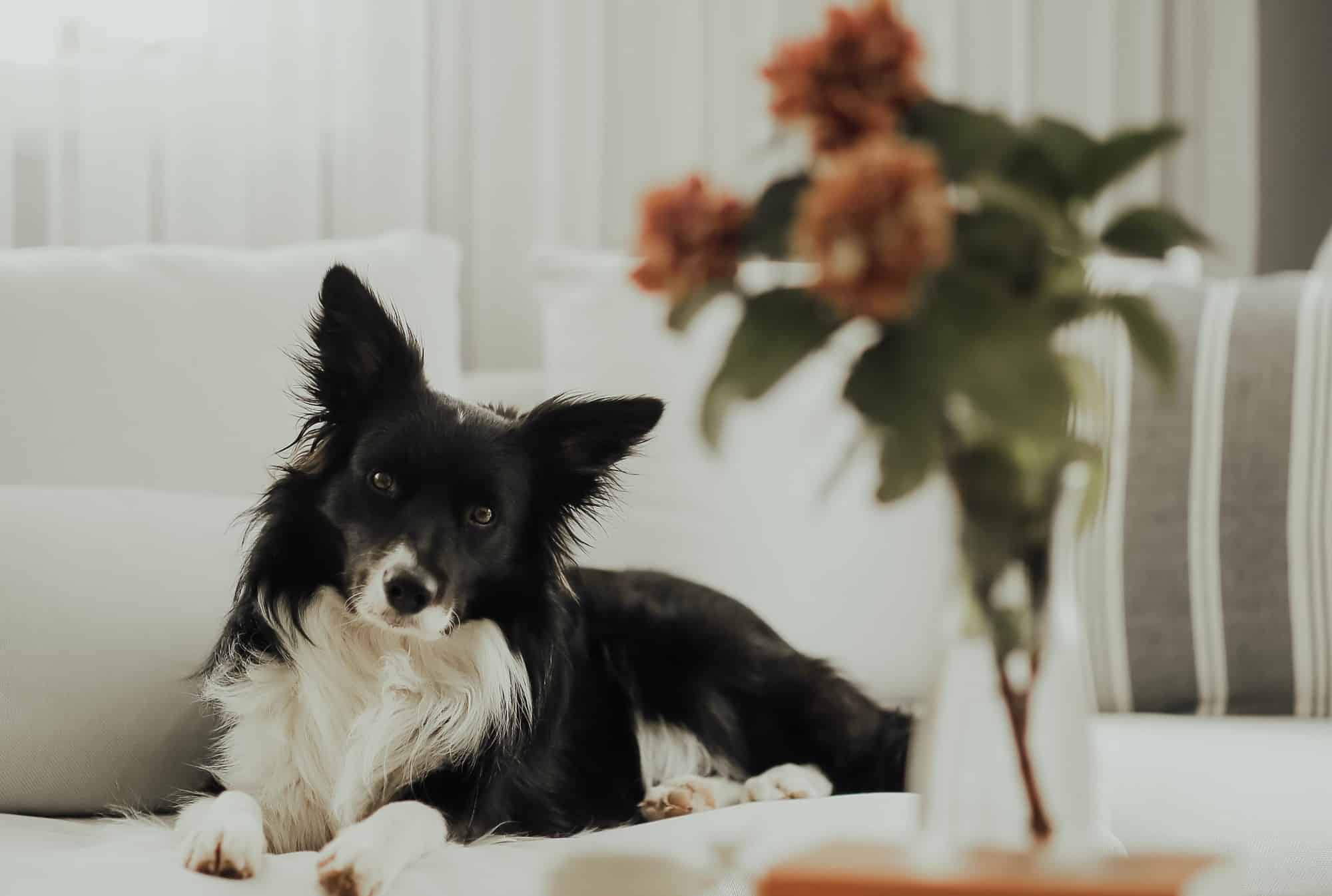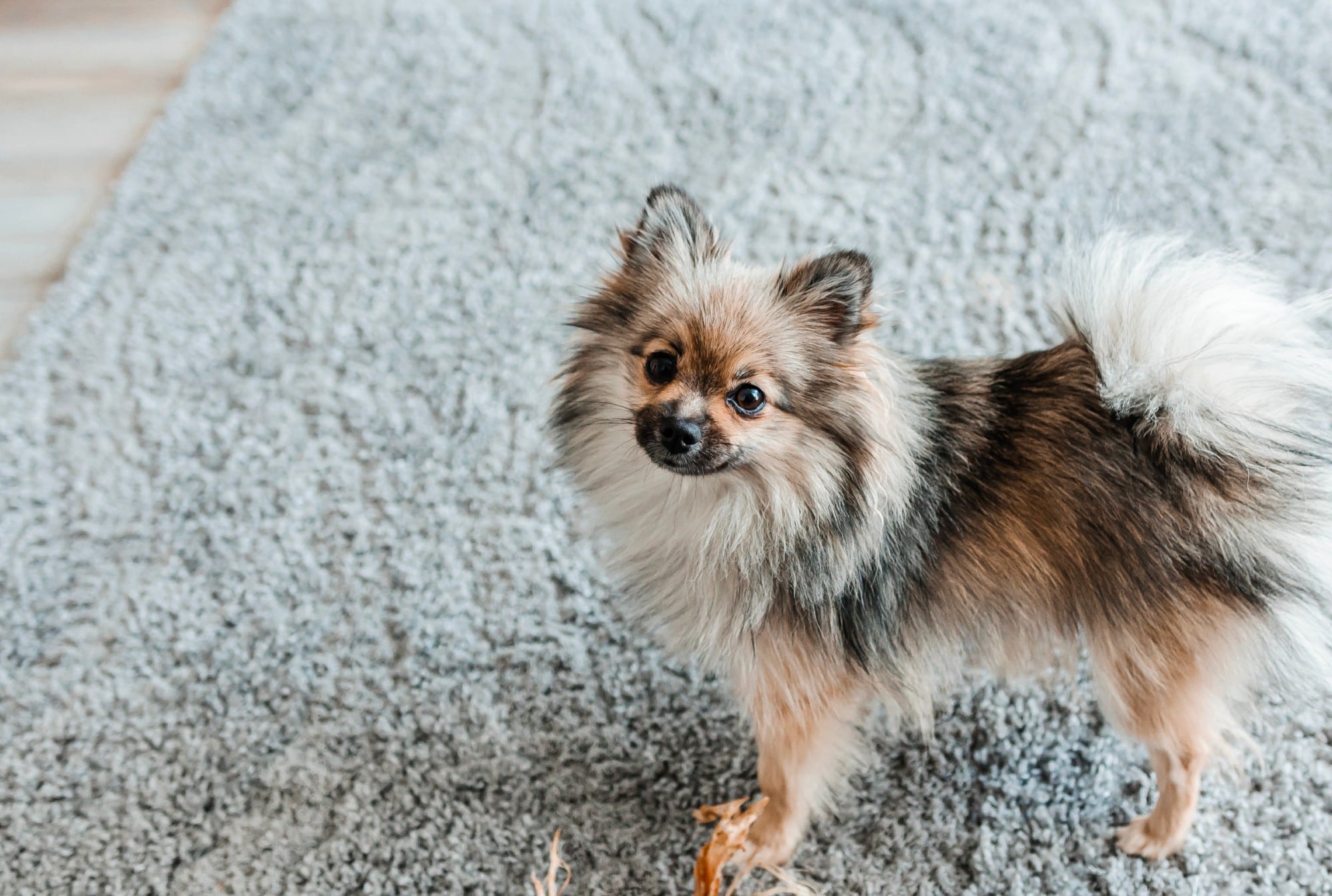Most people think small dogs make great companions for children, but it can be quite the opposite. Many small breeds have delicate bodies and a tendency to snap if child’s play gets a little out of hand.
So, finding a pint-size dog that does well with children, can stand up to the rough play and accidental poking and is not fearful is no easy feat. But they do exist.
If you want a furry addition to you family that is ready to play tug of war at the drop of a hat or just sit on the couch and laze around, consider one of these five small breed dogs as your newest family member.
Related: Our Top 6 Large Breed Dogs for Kids
1. Boston Terriers

Image via Flickr
While not many small breed dogs can stand up to the rowdiness most receive from young children, Boston terriers are an exception. They have a sturdy build despite their small size and can handle both rough and gentle play (of course, within reason).
The breed bonds very well with children. Whether you children are sitting on the couch watching TV or out in the yard playing tag, your Boston terrier will be right in the middle of it. Just get ready for some really loud snoring from such a tiny dog.
Keep in mind, It’s often difficult to predict exactly what you’ll get when adopting a Boston Terrier puppy. Some are clownish and silly, others are more dignified but most are sweet and gentle. Almost all of them love to play games and chase balls. They also happen may get depressed if kept alone and crated all the time, so make sure people are around to give them love.
2. Beagles
Another small breed with a sturdy build and a big heart is the beagle. They are fun loving dogs that crave attention from everyone. More than happy to play endlessly with children, they rarely tire and are just as good with toddlers as teens. As you can imagine, this means they require a lot of exercise when not romping with the kids. If your family isn’t too active, and you don’t have a large yard where they can expend their boundless energy, a beagle might not be a great fit for you.
Because of their loud baying, Beagles may not do well in apartments where they might bother the neighbors. Also, they are scent hounds and need to be kept leashed when out on walks, otherwise they could pick up a particularly enticing smell and be off on a mission in seconds leaving you calling helplessly after them.
Related: Can’t We All Just Get Along: The Do’s and Don’ts for Kids and Dogs
3. Pugs

Image via Flickr
It’s hard to find anything cuter than a smushy-faced pug with a short, curly tails. They are kind of the clowns of the canine world. They love to show off and can often be found doing silly things in their pursuit to be the center of attention.
Ready to play at a moment’s notice, they stand up to the horsing around young children have a tendency towards. And when they aren’t playing, pugs are the quintessential lap dogs. They are also relatively quiet and inactive indoors but due to their social nature, they don’t enjoy being left alone for long periods of time. They also aren’t the most intelligent of breeds, and it takes a dedicated person to attain a well-trained pug.
4. Cockapoos

Image via Flickr
While technically not a recognized breed, the cockapoo — a part cocker spaniel, part poodle — is a hypoallergenic dog that is a bundle of love stuffed into a small package. Topping out around 20 pounds, they aren’t too small or delicate like some small breeds but are still easy to transport and take places.
Cockapoos are also known for their stable temperament and loving nature. They enjoy clowning around and can tolerate some no-no toddler moves, like pulling on tails.
Plus, they’ve inherited the intelligence from their poodle forefathers and take to training quite easily. A trait from both breeds is their sweet disposition, so they generally enjoy the company of other dogs and cats, too.
It’s hard to determine the energy level of a cockapoo due to their mixed nature, but be ready for daily walks and play sessions if you decide to make one part of your family.
5. Bichon Frises

Image via Flickr
Despite their small stature, Bichon Frises have a big heart and love to play with small children (as long as you can teach your children not to play too rough).
They are one of the most good-natured small dog breeds and have a tremendous heart. (If you don’t want a dog that is frequently in your lap and on your bed, this isn’t the breed for you.)
Bichons are easily trainable and do love learning tricks which can be fun for children. Their lenient nature makes them very understanding of kids, and they are happy to run and play with them.
Bichons do better in homes with small yards where they can expend their energy. That said, bichons can live in a small apartment but must be exercised on a regular basis.
Because this breed is so family-centric, they don’t like to be left home alone (some of them can develop separation anxiety).
Related: No, Dogs Don’t Like to Play ‘Horsey’: How to Get Kids to Greet Dogs the Right Way
This post is strictly our opinion. This should not be used in replace of advice from a professional or when seeking a dog to bring into your home.













